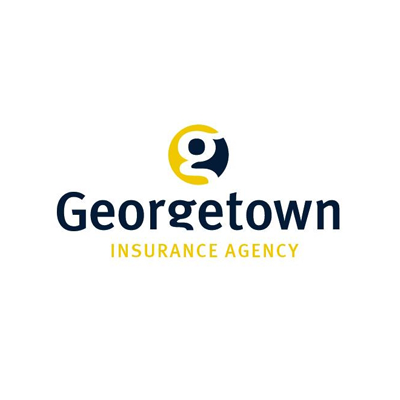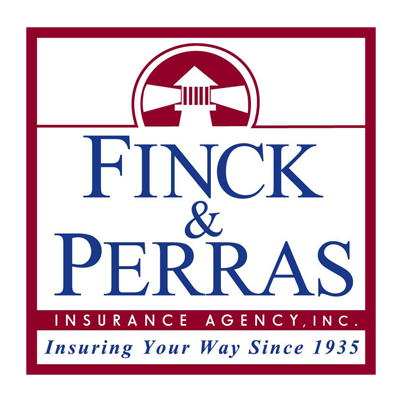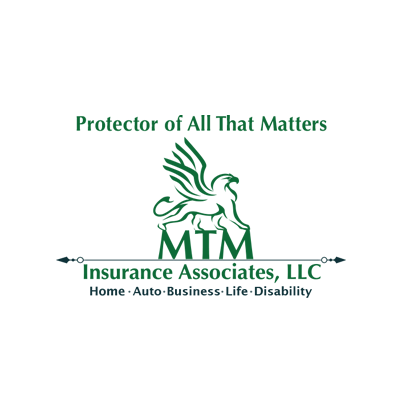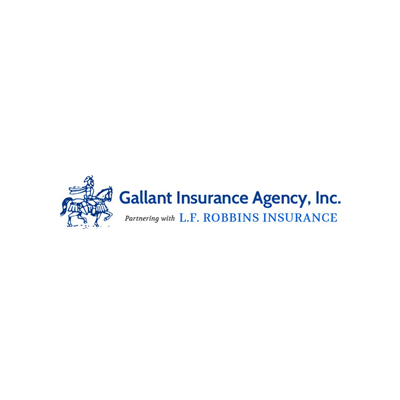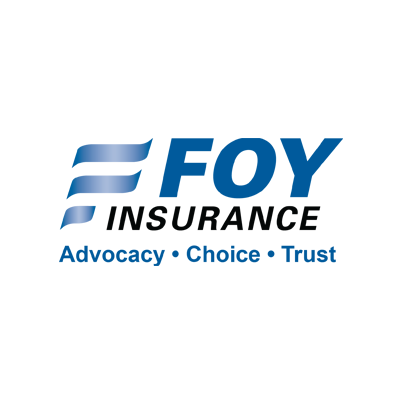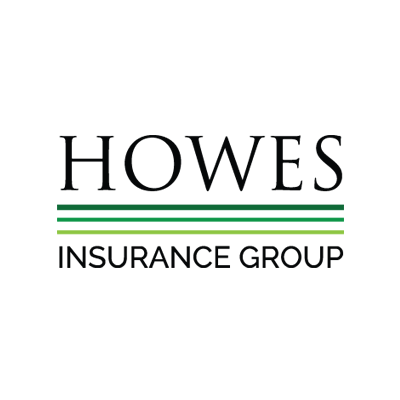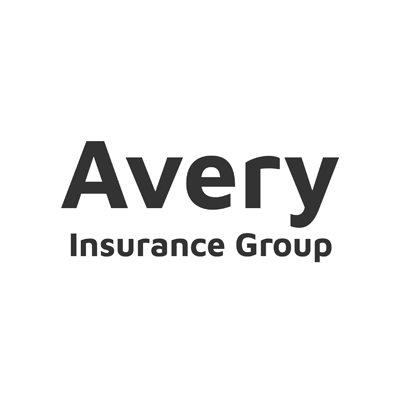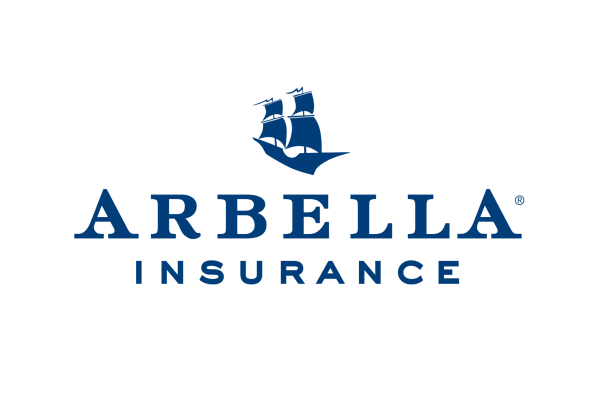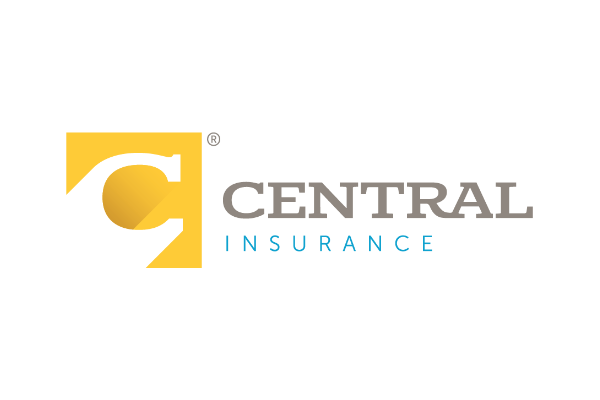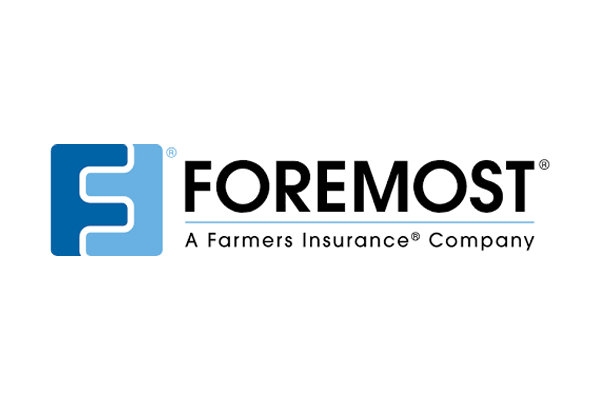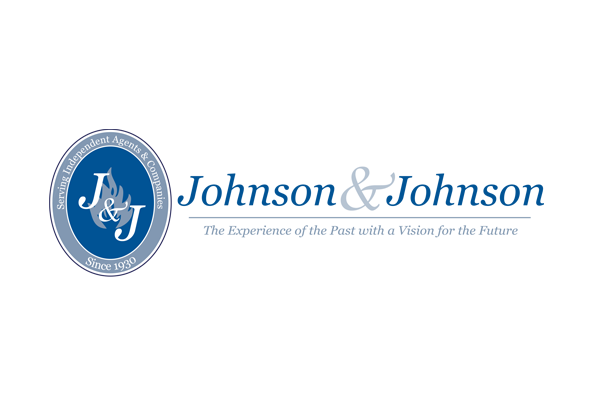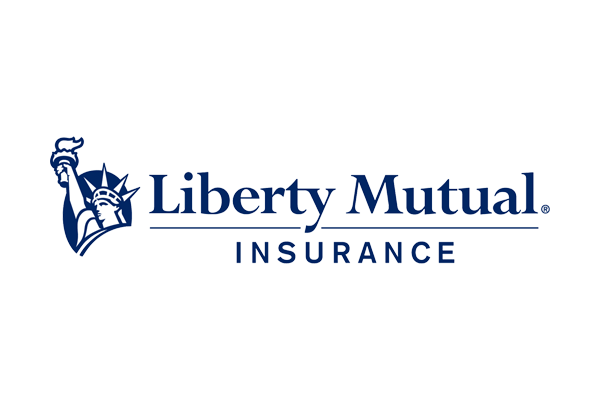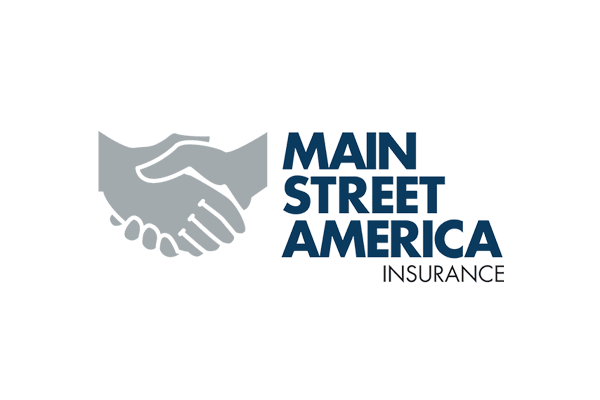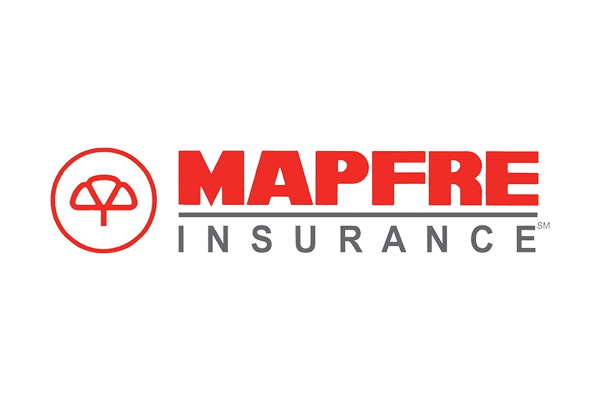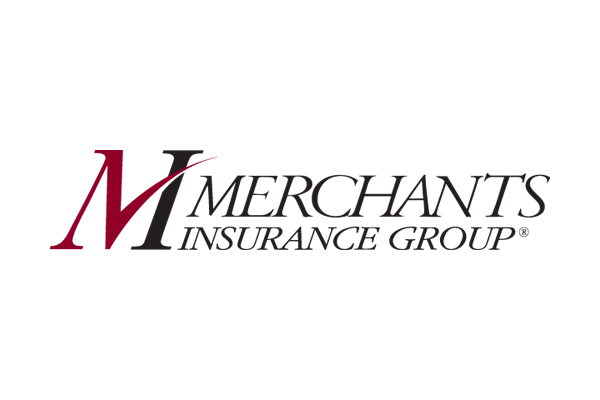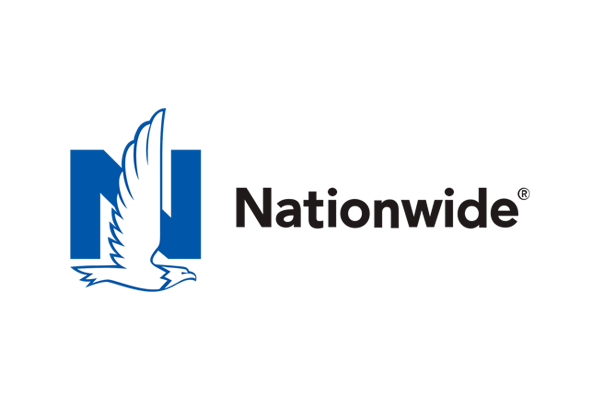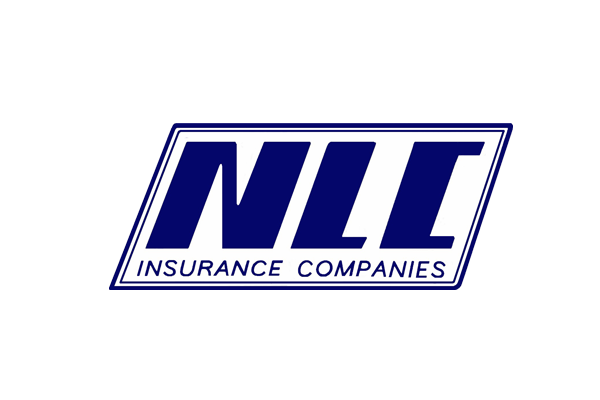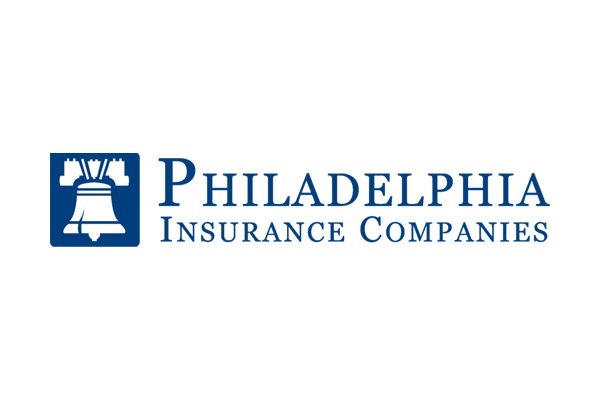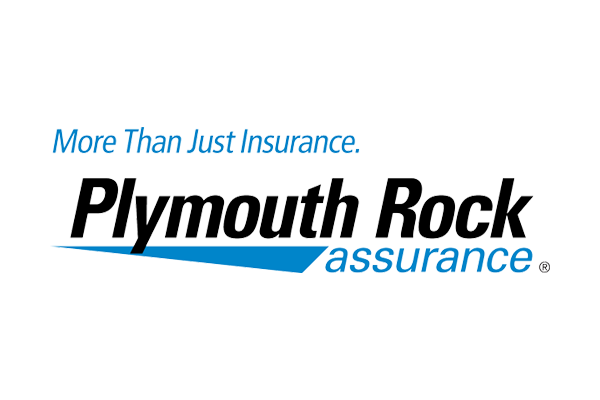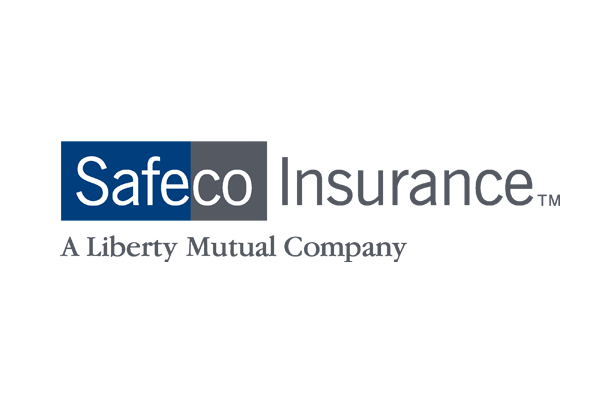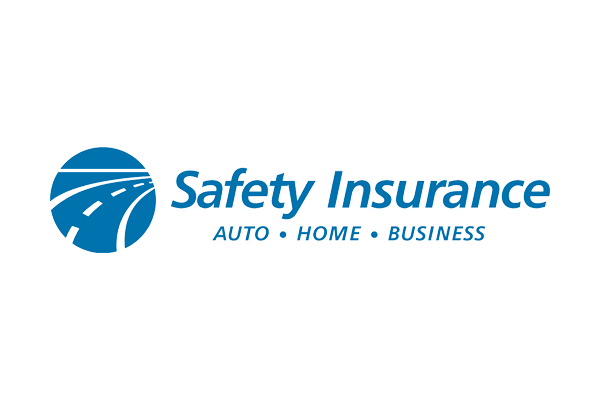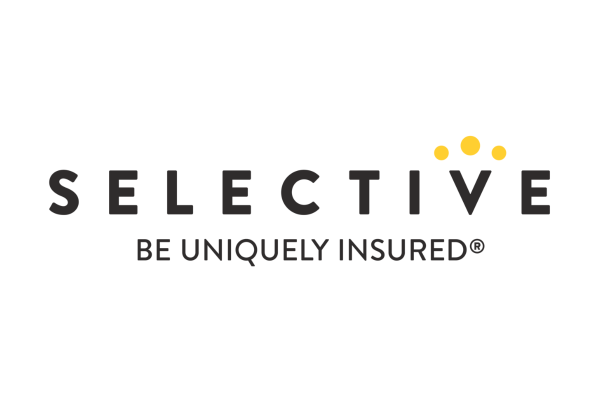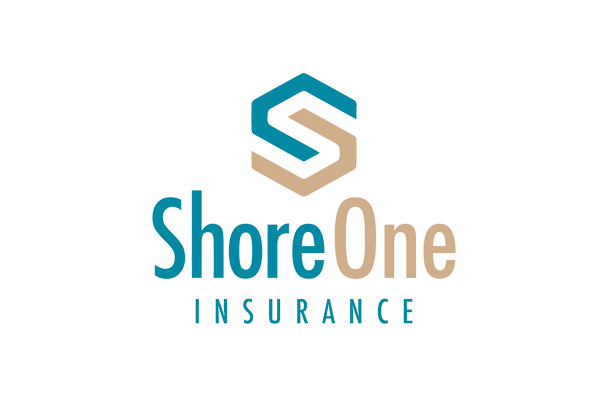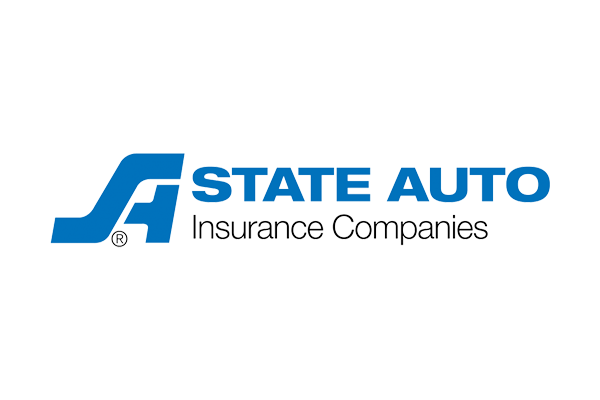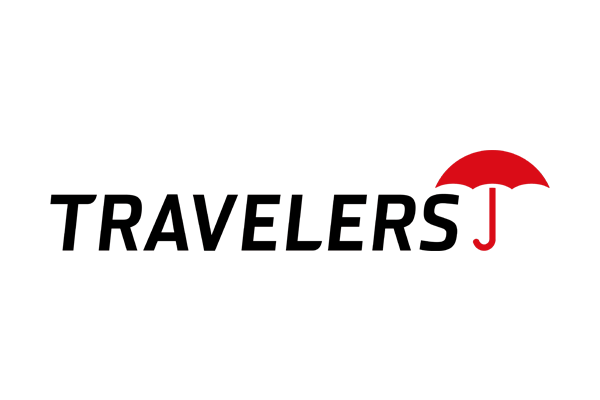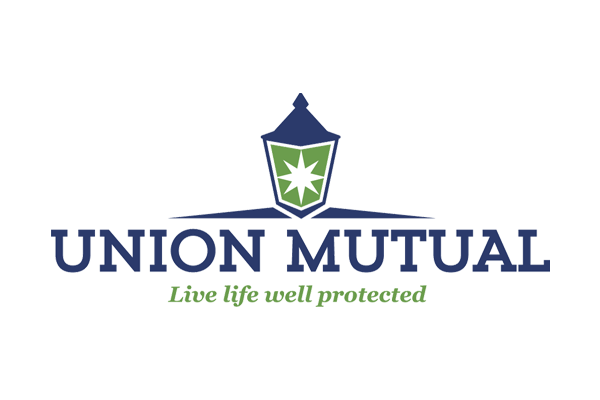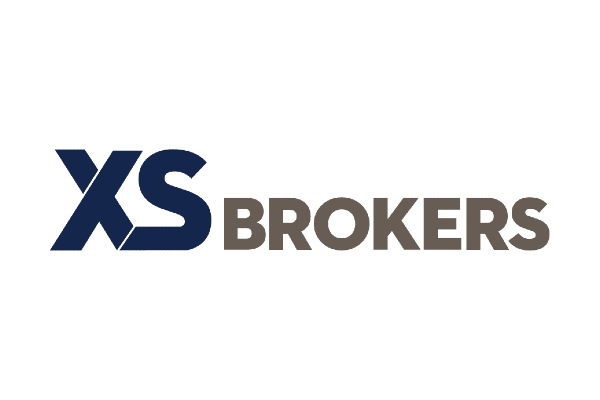05 Sep 5 Questions Insurance Agencies Should Ask Before Choosing a Network
Shared in this article:
- How to assess what you want to gain from joining an insurance agency network and why that’s an important first step.
- Specific questions you can ask a network about its ownership structure, decision-making process, fees, and long-term plans.
- Why it’s important to verify the information you gather from each network and how to do that.

Imagine if someone walked into your office out of the blue and said, “I want to buy an insurance policy from you today.” While you’d probably love for a sale to be that simple, it goes without saying that you wouldn’t move forward until you got a lot more information from this eager customer. You’d ask questions that require far more than just a “Yes” or “No” answer in order to understand the level of risk associated with insuring the person and their assets.
This is the same diligent approach agency owners should take before choosing to become a participant in an insurance network. It’s critical to ask numerous questions and then, based on the answers, probe for more information with follow-up questions until you’re completely satisfied you’ve uncovered all the important details. To help you gather the knowledge and insight you need to make a well-informed decision, we recommend you address the following five areas with each insurance agency network that’s grabbed your interest.
1. What am I looking to gain from this network?
It might surprise you that the first question is actually one to ask yourself rather than the insurance network. However, we feel it might be the most crucial one to answer before you start a conversation with any group. Following are several self-assessment questions to help you think through the type of insurance agency network relationship you’re ready, able, and willing to take on:
- What am I looking for a network to do on my behalf—e.g., commercial lines placement or carrier relationship management?
- Are there any operational gaps that I need the network to fill?
- What specific programs and services would I want from a network?
- Am I willing to make changes to the way I do business—e.g., automation, underwriting assignments, or accounting?
- What information am I willing to share about my agency and its performance with a network?
2. Who owns the insurance agency network, and how is it structured?
There are a wide variety of agency network ownership models, from those that are independently owned to those that are owned by the members themselves, insurance wholesalers, financial institutions, or private venture capital firms. Following are some questions you can ask to find out more about a group’s ownership and organizational structure and how they operate:
- How long has this owner or ownership team been in place, and what are their backgrounds?
- How involved are the owners and management team with the day-to-day of the network?
- What is the network’s governance structure, and can you provide me with an organizational chart?
- How does the network communicate and engage with its members, and how frequently?
- How do members raise and resolve concerns and disputes?
- How much information does the network share with its members—e.g., strategies, performance, compensation, etc.?
- Is transparency something that is important to you?
3. How does the insurance group make decisions?
Once you’re a participant in an agency network, decisions made by the group could trickle down and affect your business. Thus, you’ll want to get a thorough understanding of the network’s decision-making procedures and whose opinions will be taken into consideration when certain choices are being hashed out. The following are some questions you can use to figure out how a network handles this process:
- Who makes the decisions on key issues—e.g., adding organizational staff, managing expenses, appointing new carriers, etc.?
- What types of decisions are put in front of the full membership for discussion, and how is that done?
- Do all members have an equal say?
- How can interested members be more involved in the decision-making process?
4. What is the total cost of being a member of this insurance network?
There is almost always a monetary cost to being part of an independent insurance agency network. But the costs often don’t stop there, and neither should your questions. Dig deeper to find out what other membership-related costs you may incur. Here are some suggestions on what to ask that may help you gain clarity on the financial commitment each group requires:
- How much do members pay to become a participant, and how will it be charged?
- How often does the network revisit its fee structure?
- Is there a revenue split of any kind, either from base commissions, profit sharing, or incentives?
- Are there any situations in which an agency could be charged a penalty or additional fee—e.g., for leaving the network, poor performance, program services, etc.?
5. What are your plans for the network over the next three to five years?
You’re getting a great snapshot of the network today, but it’s also important to understand what the group envisions for the next few years and beyond. Following are some questions that may help you learn more about a network’s strategic direction:
- Are you looking to grow—e.g., geographic area, carriers, staffing, members?
- What is your selection process and criteria for adding new members and insurance carriers?
- How do you foresee expansion affecting your current structure, approach, and fees?
- What is the ownership perpetuation plan?
Once you gather answers to these and any other questions you have, it’s important to verify what you’ve heard from each insurance agency network. One way to do this is by getting the insider perspectives of current agency members. Speaking with members also gives you the chance to assess if these are people you can see yourself working well with and that have knowledge, experience, and relationships that will be beneficial to you and your agency. In addition, you can go to your carrier partners for feedback on the group’s reputation with the company.
Taking the time and doing your due diligence as you explore your agency network options should help you avoid the headaches and buyer’s remorse that can come with rushing into a contract and investing in the wrong group. Even more, networks will see that you’re very serious about making this strategic move for your agency.





